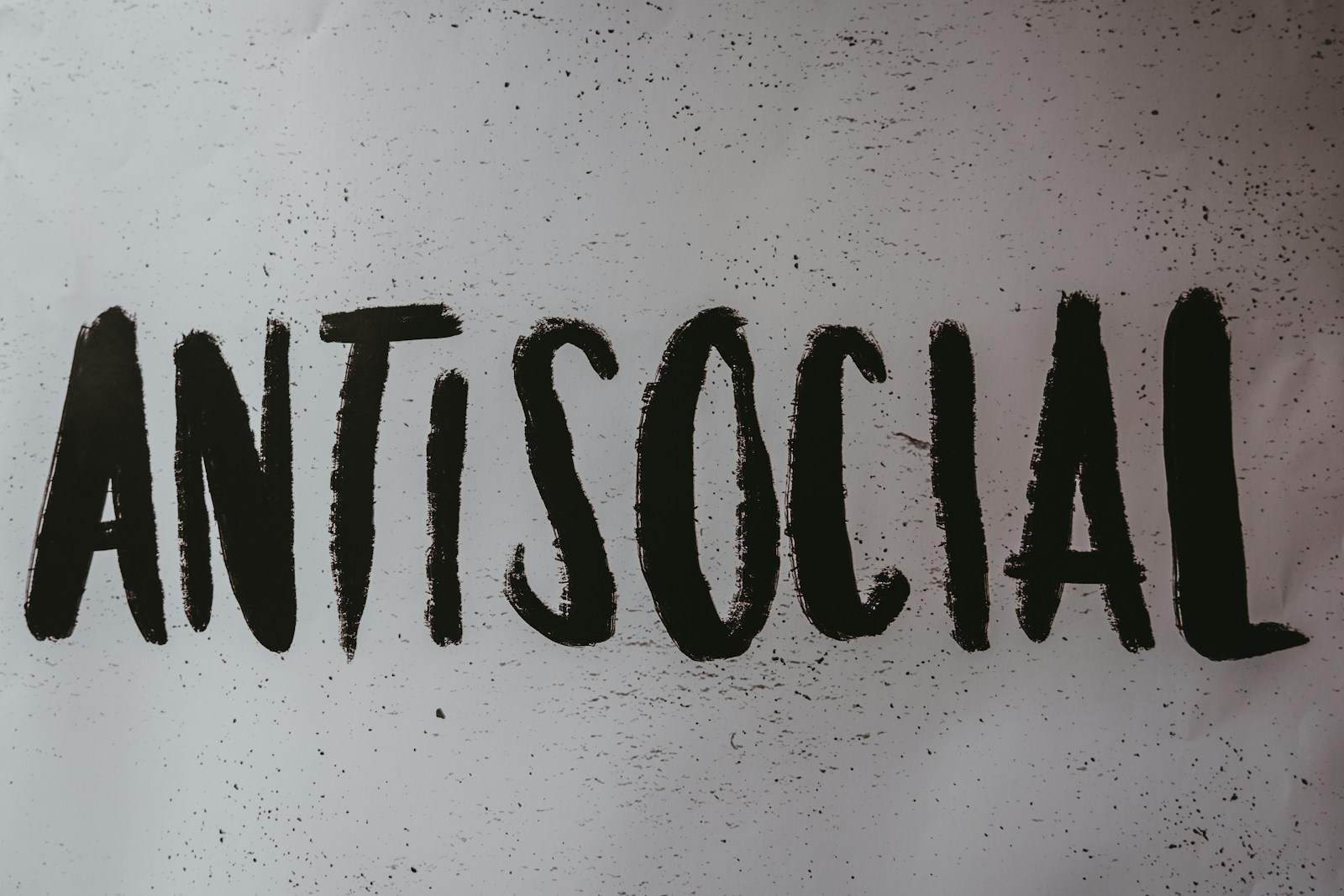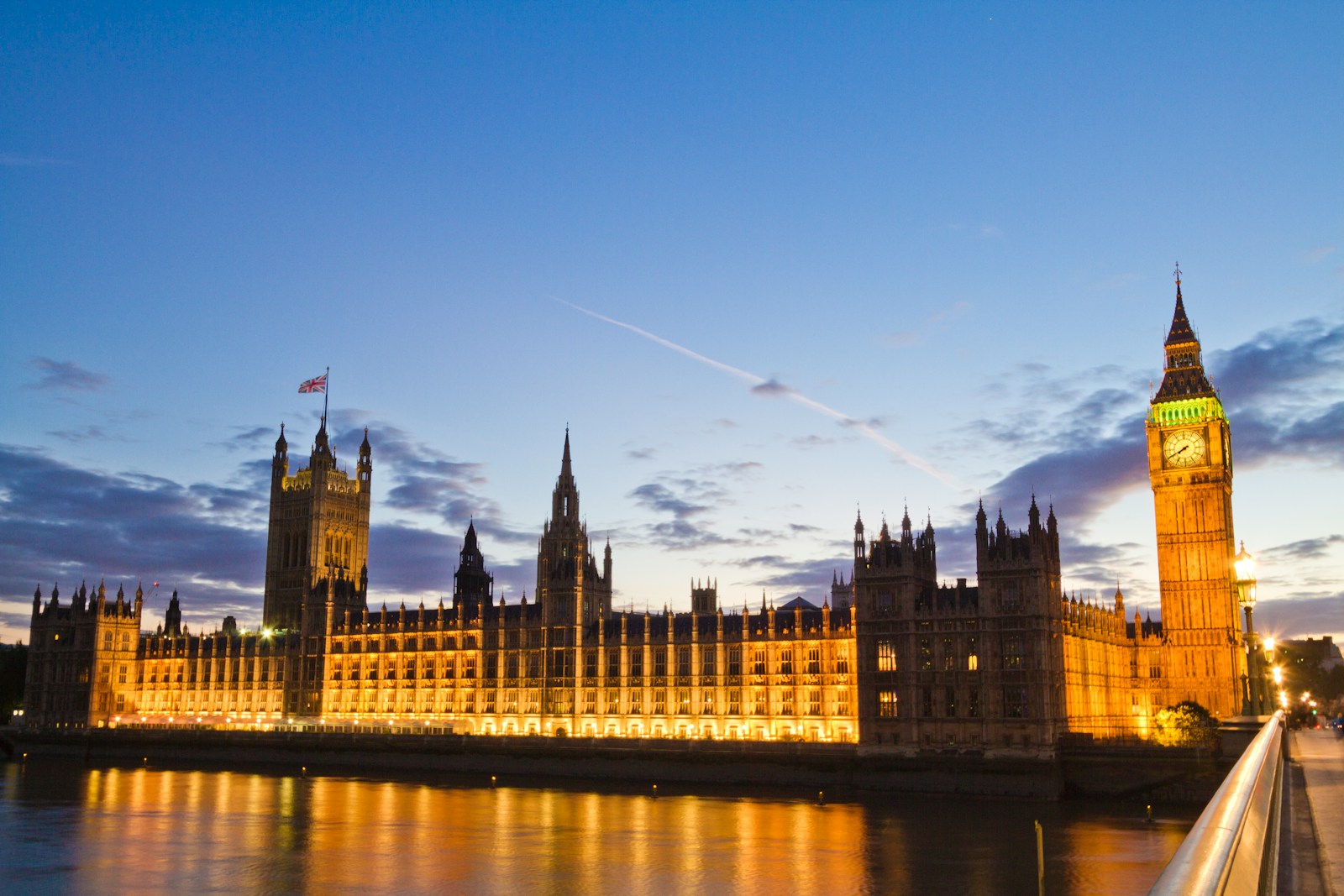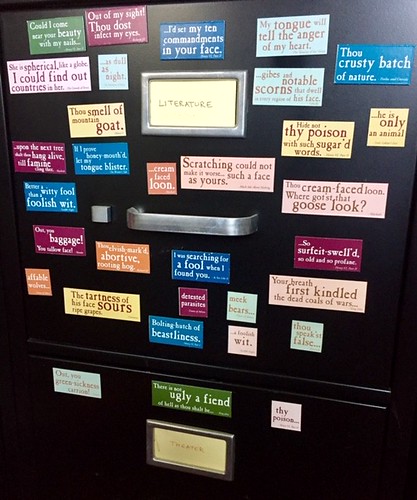
Understanding the British Understatement
When you think about British culture, one of the first things that might come to mind is its unique sense of humor. Witty, dry, and often completely baffling to outsiders, British humor has a particular penchant for understatement. If you’ve ever had the pleasure of engaging in conversation with a Brit, you may have encountered phrases like “It’s quite good,” “Not bad,” or “A bit of a challenge.” But what do these phrases really mean? Spoiler: They often mean something quite the opposite.
The Nuances of Language
Language is a rich tapestry, woven with threads of meaning that can shift based on tone, context, and, especially in British vernacular, cultural norms. In the UK, understatement serves a special purpose. It’s a way of softening criticism, expressing humility, or simply maintaining politeness in social settings. Let’s take a closer look at some common phrases and what they really imply.
“Quite Good”
Now, let’s start with what might seem like a harmless compliment: “It’s quite good.” When you hear this, the immediate reaction might be to feel pleased. However, in British circles, “quite good” can be a euphemism for “utterly dreadful.” Picture this scenario: you’ve just cooked a delightful dinner for friends, and as everyone digs in, you ask for their thoughts. If the response is a casual “It’s quite good,” brace yourself. Your culinary masterpiece may have gone the way of a soggy biscuit.
“Not Bad”
Another classic is the phrase “not bad.” It’s a microcosm of British understatement and can be utterly misleading. For example, if someone says, “How was your weekend?” and the reply is “Not bad,” it might sound like everything went smoothly. However, it could mean that your weekend was a chaotic mix of events that left you feeling like you’ve wrestled a bear. Here’s the kicker: when something is genuinely good, a Brit is more likely to say, “It was great!” or “It was brilliant!” So, when you hear “not bad,” it’s often a polite way to say it was a complete disaster.
Why Understatement?
You might be wondering why Britons have this tendency toward understatement. It boils down to cultural values. The British often prioritize politeness, humility, and a certain level of self-deprecation. If someone were to openly criticize a meal, a movie, or even the weather, it could come off as rude or overly confrontational. Instead, they might opt for a gentler approach, even when the situation calls for honesty.
Moreover, this tendency can be a social lubricant, diffusing tension in situations that might otherwise lead to awkwardness or conflict. In a world where people are often overly honest or blunt, the British art of understatement stands out as a refreshing and, at times, baffling alternative.
Examples in Everyday Life
Let’s explore some everyday scenarios where understatement comes into play:
Dining Experiences
Imagine you’re at a restaurant, and your friend orders a dish that looks like a culinary crime scene. When they taste it, rather than saying, “This is awful!” they might simply declare, “It’s not my favorite.” This is the classic British way of downplaying a situation. By using this phrase, they avoid confrontation and keep the mood light. You can almost hear the collective sigh of relief from the other diners around them.
Sports Commentary
British sports commentary is another prime example of understatement in action. Football analysts might describe a team’s performance as “a little disappointing” after they’ve lost 5-0. In this case, “a little disappointing” is a delightful euphemism for “that was a total disaster.” The restraint displayed in these analyses often leaves listeners chuckling, even if the results were anything but humorous.
Daily Weather Reports
Let’s not forget the British obsession with weather. A common phrase during a rainy day might be, “It’s a bit wet today.” This phrase perfectly encapsulates the British spirit of understatement. Instead of lamenting the dreary forecast with phrases like “It’s absolutely pouring,” they choose to downplay it. They may even joke that “It’s just a bit of drizzle” when it’s clearly a torrential downpour. This approach helps to maintain a certain level of cheerfulness, even in the face of the ever-unpredictable British climate.
The Role of Humor
Understatement is also deeply intertwined with British humor, which often thrives on irony, sarcasm, and self-deprecation. Making light of unfortunate situations can create camaraderie among friends. It’s a way of acknowledging that life is full of ups and downs and that sometimes, laughing at one’s misfortunes is the best remedy.
Consider a British person recounting a disastrous holiday. Instead of saying, “Our trip was ruined by a series of unfortunate events,” they might quip, “It was an experience, to say the least.” This humorous take on a bad experience not only provides entertainment but also helps to foster a sense of connection and shared understanding.
Cultural Significance
The art of understatement is not merely a linguistic quirk; it reflects deeper cultural values that emphasize restraint, politeness, and a collective sense of identity. In many ways, the British have mastered the art of navigating social situations with grace and subtlety. This ability to convey complex emotions and opinions through understatement allows for nuanced communication in a country where politeness is often paramount.
Moreover, it serves as a form of social commentary. By understating their opinions, the British can critique societal norms or questionable practices while keeping the tone light and approachable. This clever use of language allows for meaningful dialogue without descending into hostility.
Conclusion
In a world where directness often reigns supreme, the British art of understatement offers a refreshing alternative. It encourages a sense of humor, fosters connection, and maintains politeness in a variety of social situations. By embracing phrases that might seem innocuous on the surface, we can uncover layers of meaning that reveal much about British culture and the intricacies of human interaction.
So, the next time you hear someone say, “It’s quite good” or “not bad,” remember to pause and consider the underlying implications. You might just find that what lies beneath those understated comments is a treasure trove of humor and insight into the wonderfully complex British way of life.




